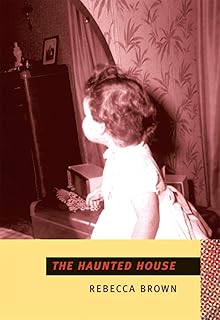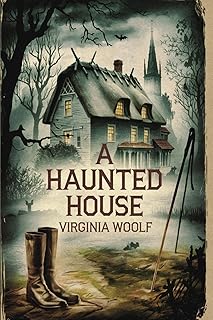Elizabeth Hand’s latest novel, ‘A Haunting on the Hill,’ marks a significant milestone as the first authorized continuation of Shirley Jackson’s renowned work, ‘The Haunting of Hill House.’ Hand reveals that the project’s inception dates back to conversations with the Shirley Jackson estate years ago, which resurfaced during the pandemic in 2020. Collaborating closely with Jackson’s son and executor, Laurence, Hand developed a fresh narrative centered around a group of actors and theater professionals inhabiting Hill House.
Expressing gratitude for the Jackson family’s trust, Hand highlights the autonomy and creative freedom she was granted throughout the writing process. The seamless collaboration culminated in a novel that received positive feedback from Laurence and other family members, affirming the project’s success and fidelity to Jackson’s legacy.
Discussing the thematic elements of her novel, Hand delves into her personal affinity for theater and playwriting, drawing from her own experiences in the industry. She reflects on the challenges of playwriting and the allure of theatrical settings, which influenced the narrative direction of ‘A Haunting on the Hill.’ The novel intertwines elements of the classic Jacksonian Gothic with a meta-narrative exploring the relationship between real-life events, creativity, and the supernatural.
Hand’s exploration of haunted houses and atmospheric storytelling aligns with her longstanding fascination with the genre. Drawing inspiration from Shirley Jackson’s original work, Hand meticulously adhered to the architectural and narrative blueprint of Hill House while infusing her unique characters and storyline. The novel’s evocative setting and the house itself as a character reflect Hand’s dedication to preserving Jackson’s eerie and suspenseful tone.
Transitioning to a discussion about her writing process, Hand reflects on the narrative perspective in ‘A Haunting on the Hill,’ which alternates between first-person and close third-person viewpoints. She explains the strategic use of multiple perspectives to enhance the storytelling and capture the essence of Hill House’s haunting presence.
Exploring her diverse body of work, Hand shares insights into her favorite projects, highlighting the personal significance of ‘Illyria,’ a novel deeply rooted in her formative experiences and literary aspirations. The emotional connection to ‘Illyria’ resonates with Hand’s enduring commitment to storytelling and her evolution as a writer.
Concluding the interview with a whimsical exchange about Shakespearean plays and potential collaborations, Hand’s passion for literature and the creative process shines through. Her journey from failed playwright to acclaimed novelist underscores the transformative power of storytelling and the enduring allure of haunted houses in fiction.
📰 Related Articles
- Zara Tindall Honors Royal Equestrian Legacy at Windsor Cup
- Yoth Iria’s Debut EP Honors Black Metal Legacy
- Widow honors late husband in Jerusalem Marathon tribute
- Variety Unveils Entertainment Trends: From Michael Jackson Biopic to ‘Euphoria
- Valor Has No Expiration Act Honors Heroes of the Past






